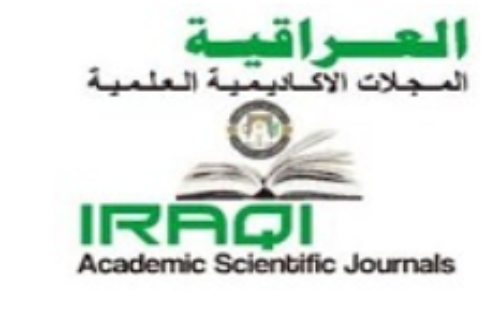Role of cytokines in pathogenesis of H. pylori induced gastric mucosal inflammation.
Abstract
Helicobacter pylori gastritis is characterized by colonize the stomach and induce strong,
specific local and systemic humoral and cell-mediated immunity. The aim of this study was to
evaluate the level of several cytokines and their role in the pathogenesis of H. pylori gastritis
and whether H. pylori stimulate the release of these cytokines. The levels of TH1 (IFN-γ and
TNF-α) and TH2 (IL-4, IL-6 and IL-10) cytokines, as well as, inflammatory cytokines (IL-1α
and IL-8) were determined. Most of the investigated cytokines (IL-1α, IL-6, IL-8, IL-10, IFNγ,
TNF-α
and GM-CSF) showed a significantly increased level in the sera of H. pylori gastric
patients as compared to subjects (control) with no infection which showed normal serum
interleukin levels. While IL-10 showed significant decrease when compared to subjects.
These results conclude the pro-inflammatory cytokines ave a central role in the
pathogenesis of H. pylori-induced mucosal inflammation.
Downloads
Published
Issue
Section
License
Copyright (c) 2019 University of Thi-Qar Journal of Science

This work is licensed under a Creative Commons Attribution 4.0 International License.












